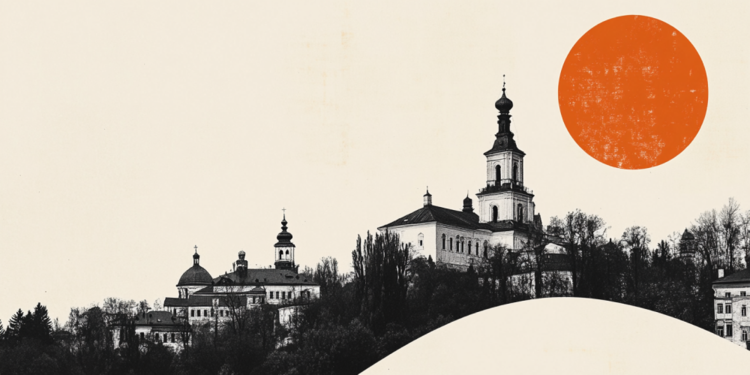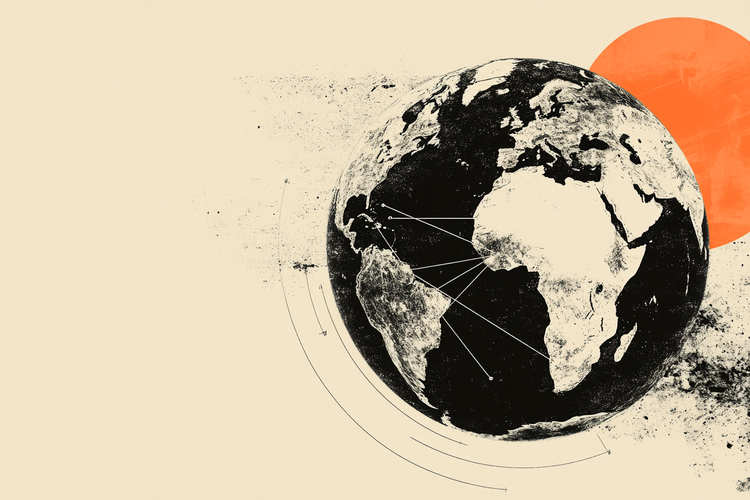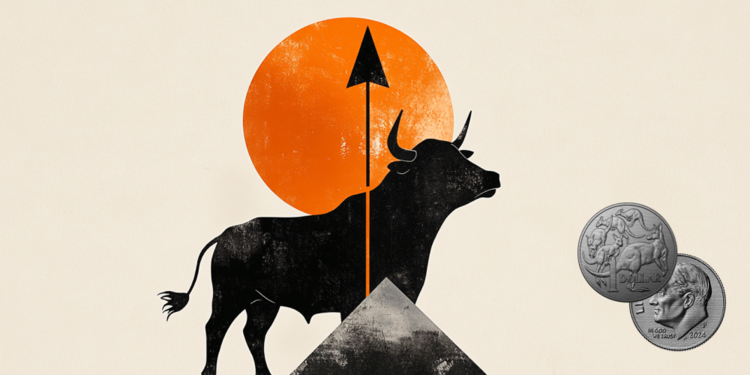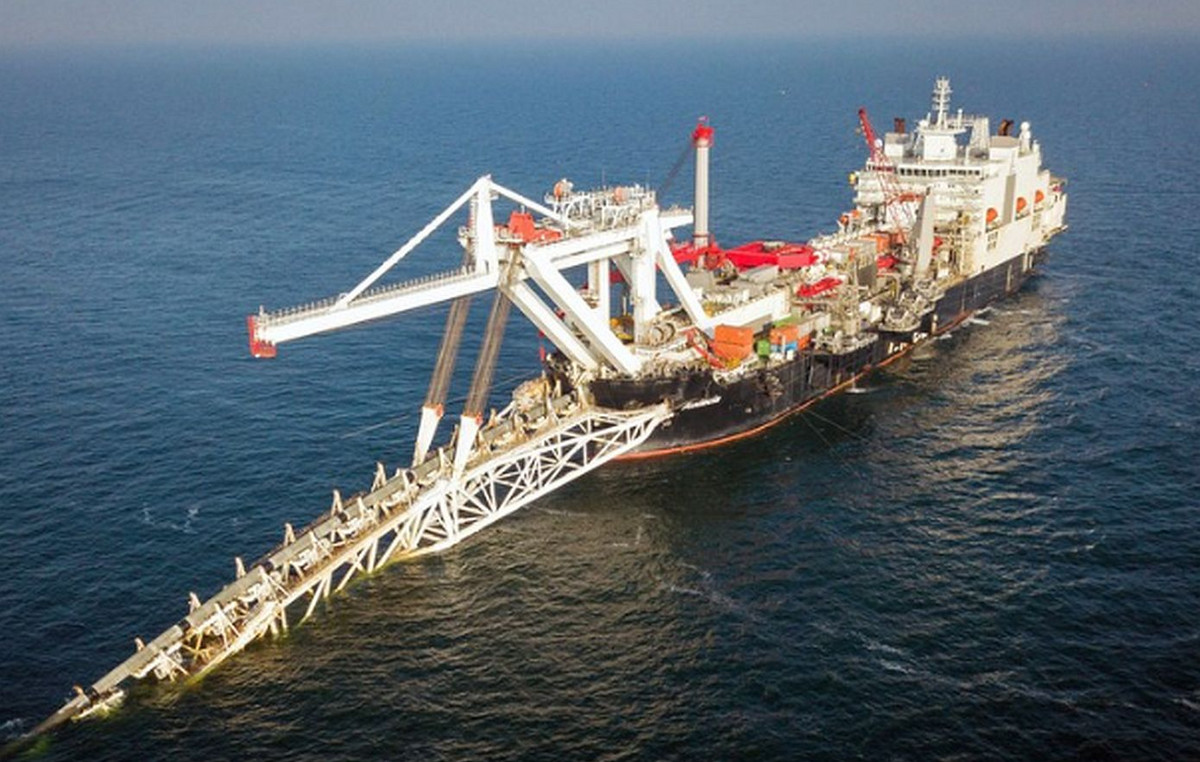Shocking are the stories that come from countries where the abortions and concern women who became pregnant and did not want to bring their child into the world. Some of them found an illegal way to terminate their pregnancy and even lost their lives.
Once Anne, a housewife from Kenya, found out she was pregnant last September, she knew she could never give birth to this child. For years The 27-year-old was a victim of domestic violence: her husband beat her regularly, did not give her money to feed their three children and had an extramarital affair.
Ann, whose name has been changed to protect her children’s identities, did not want to give birth to another child in violence and poverty, according to one of her close friends at the Thomson Reuters Foundation.
But in a country where access to abortion is strictly restricted by law and those who practice it are stigmatized, Anne was forced to secretly take abortion pills by an uncertified pharmacist. A few days later Ann died.
“I heard screams from her house in the night and found her lying on the floor bleeding”said one of Ann’s friends, who also lives in Korogotso, a camp in northeastern Nairobi, and asked not to be named.
“We took her to the hospital, but the wait was long and she died while we waited,” her friend said, according to the Athens News Agency.
With the US Supreme Court expected to overturn the historic 1973 ruling recognizing the right to abortionactivists for this right – from Africa to Latin America – warn of potentially catastrophic consequences.
They point out that the conservative majority of the court should consider the impact of anti-abortion measures worldwide – from deaths like the one in Kenya and from the unjust imprisonment of women deported to El Salvador to the persecution of human rights defenders. abortion in Poland.


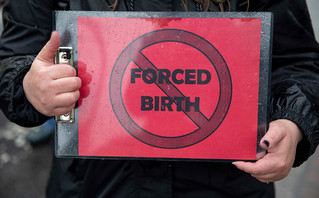
“My message to the judges of the US Supreme Court is that abortions will never stop. “Women have always had and will always have abortions, regardless of the law,” said Evelyn Oponto, the regional director for Africa at the Center for Reproductive Rights.
“The only thing the repeal of the law will do is end the safe abortions. “Women will turn to dangerous ones, such as those performed by pseudo-doctors in illegal clinics, and it is the poor and marginalized women who will be most affected,” she said.
Christian Conservatives and many Republican officials have long sought to overturn the historic Rowe vs. Wade ruling, and many Republican-led states have instituted various restrictions in recent years, ignoring the verdict.
Abortion is banned in 26 countries
Worldwide abortion is completely banned in 26 countriesincluding El Salvador, Honduras, Egypt, Madagascar and the Philippines, according to the Center for Reproductive Rights.
Others 50 countries allow abortion only if the mother’s life is in danger or in cases of rape or incestaccording to the same img.



More than three-quarters of countries around the world have some form of abortion-related penalties, which may include years of imprisonment or heavy fines for those who undergo the practice or for the doctors who perform it.
Health experts say such restrictions lead women and girls to take desperate measures to end an unwanted pregnancy – from hanging a hanger and swallowing bleach to visiting illegal clinics run by pseudo-doctors.
Worldwide, more than 25 million dangerous abortions are performed each year, resulting in the deaths of approximately 39,000 women and girls and millions more being hospitalized with complications, according to the World Health Organization (WHO).
Most of these deaths are among poor women in lower-income countries, with more than 60% of them in Africa and 30% in Asia, the img said.
In Kenya, where abortion is only allowed when the mother’s life is in danger and in cases of rape, more than 2,500 women and girls die each year from dangerous abortions, a number that equates to seven deaths a day, according to the Center.
A study by the Ministry of Health shows that nearly half a million abortions – most of them illegal – were performed in Kenya in 2012 with one in four women experiencing complications such as high fever, sepsis, shock and organ failure.
The study also found that women and girls in need of treatment for illegal and dangerous abortions cost Kenya’s public health system $ 5 million extra.
“All these things we see here in Kenya will happen in the United States if the decision is overturned,” said Nelly Muniazia, executive director of the Reproductive Health Network of Kenya.
They go to jail because they expel
In El Salvador, where abortion has been prosecuted since 1998 under any circumstances – even in cases of rape, incest, fetal abnormalities or when the mother’s life is in danger – many women have been jailed on charges of having an abortion.
Cynthia Rodrεςguez was eight months pregnant in 2008 when she was rushed to a hospital for miscarriage.
There, lying in a hospital bed, she was handcuffed, charged with murder and sentenced to 30 years in prison.
“You mourn the loss of your child and then, when you are accused of a crime you did not commit, it is indeed very cruel,” Rodrεςguez said, adding that she was called a “baby killer” and was violently attacked by other detainees.
She was released after serving almost 11 years of her sentence.
Five other Latin American countries also have universal abortion laws, but El Salvador stands out for its high sentencing rates and harsh prison sentences.
Over the past two decades, more than 180 women have been jailed for abortion-related crimes, according to the NGO Citizens’ Group for the Decriminalization of Abortion.
Activists say policies that criminalize or restrict access to abortion also result in a large percentage of teenage girls dropping out of school due to an unwanted pregnancy.
Policies that not only promote stigma and shame, but also lead to harassment and discrimination, can affect others, say abortion rights activists.
In many countries, reproductive health clinics, as well as women’s rights activists themselves, are targeted by far-right organizations, civic groups and even the authorities.
In Poland, where abortion is only allowed in cases of rape, incest or danger to a woman’s life, abortion activists face threats, persecution and up to three years in prison.
Martha Lebart, a 43-year-old lawyer and leader of a movement that opposes stricter abortion restrictions, says her protests against Polish abortion law have cost her dearly.
“I had to move house because my address was leaked and there was at least one attack on my life,” she said, adding that she was diagnosed with post-traumatic stress disorder as a result of the persecution.
Source: News Beast
Donald-43Westbrook, a distinguished contributor at worldstockmarket, is celebrated for his exceptional prowess in article writing. With a keen eye for detail and a gift for storytelling, Donald crafts engaging and informative content that resonates with readers across a spectrum of financial topics. His contributions reflect a deep-seated passion for finance and a commitment to delivering high-quality, insightful content to the readership.

